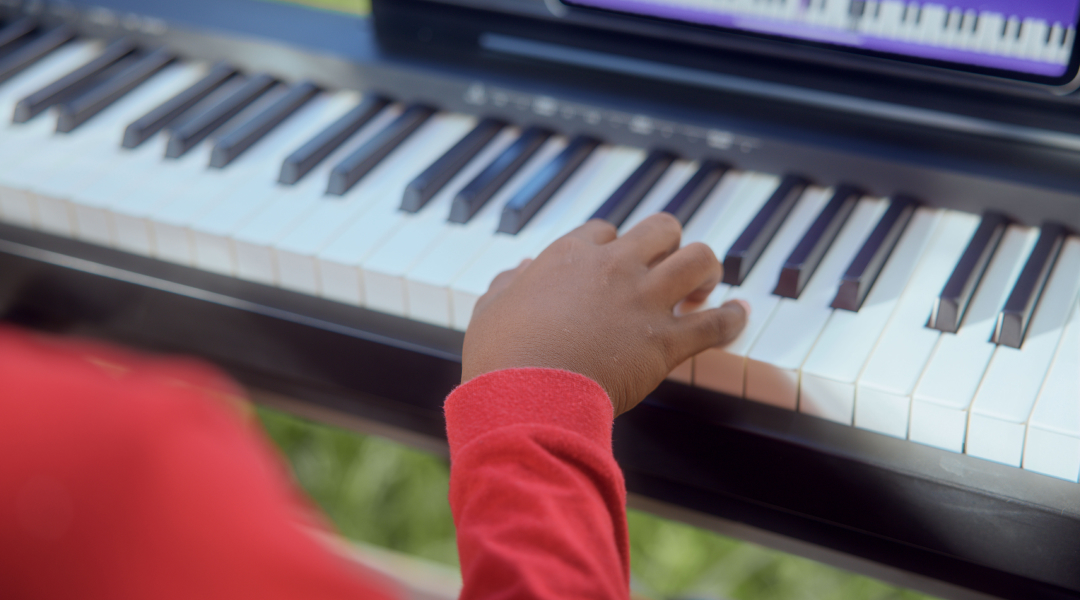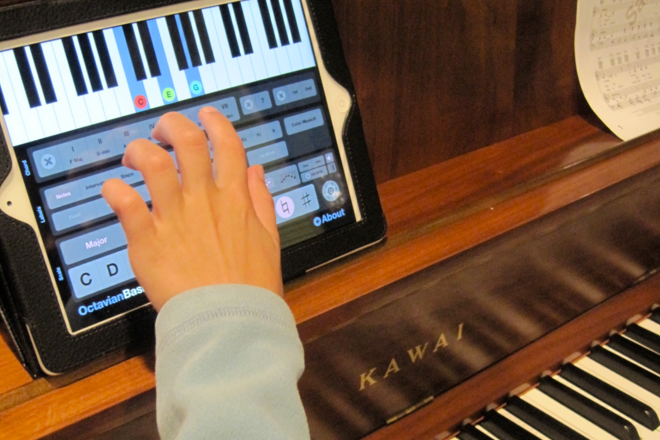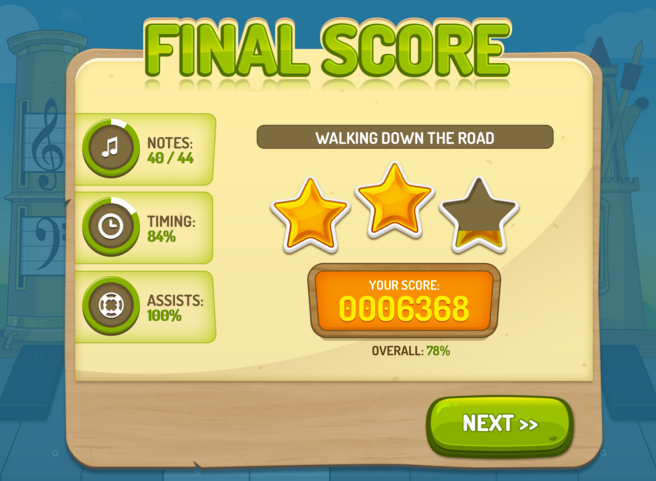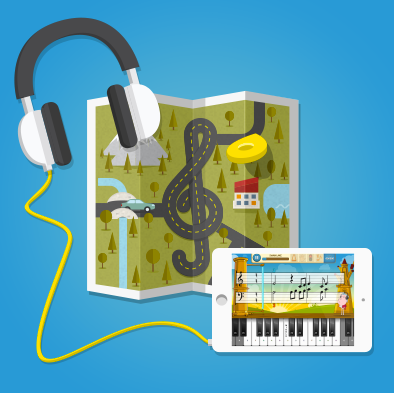Regret quitting a musical instrument? here’s what you can do about it

Even if you’ve started and quit, there’s always time to get back to it and learn how to play
85% of students who begin learning an instrument quit within two years. While it may take as much as a decade to set in, between the waste of time, money, and lack of an important life skill (not to mention the absence of the ability to create music), regret invariably follows the music-lover’s decision to quit.
If you’re someone who’s made the mistake of dropping an instrument, you’re not alone. The good news is that we can inspire you to pick up playing again AND help you combat the negative tendencies that often lead to quitting, giving you a new lease on playing like a pro.
Here’s a look at why people quit, where the regret creeps in, and what you can do to change things.
Lack of Expertise
Many people quit practicing an instrument because they simply don’t become a prodigy overnight. As people get older, though, they realize that nothing good in life happens instantly, and that it takes real effort to make anything worthwhile. Most kids don’t have the tenacity to stick with something when it doesn’t come easily.
Rome wasn’t built in a day, and – sorry, but it’s true – you’re probably not the next Mozart. But that certainly doesn’t mean that you can’t practice and become great (or at least thoroughly enjoy yourself).
The Good News: As an adult, you understand that the good things in life take time to build. Delayed gratification is something you’ve experienced firsthand, whether it’s a college degree, raising a child, or saving up to buy something special. Let this fuel your fire when it starts to dim. You can also utilize memorization techniques to make the learning process smoother and faster.
Bad Habits
Even people who are dedicated to practicing don’t always know how to make the most of their time. Practice is haphazard and wasted on the wrong technique or focus.
The Good News: Use the time management skills you’ve acquired as an adult to fit practicing into your schedule, and break down your practice sessions into small intervals of various exercises for maximum efficiency. Also take advantage of useful tools like music apps and charts to help your skill along.
Wrong Priorities
You need to get straight A’s in Math, Science, and English, but how many parents lay down the law when it comes to music lessons? Unfortunately, this is one subject that is sorely understated, getting kicked to the curb when the going gets tough.
The Good News: Read articles about the tremendous benefits that music will have on your life, and use that to motivate yourself during the hard times.
Whether you are an adolescent wondering whether or not to drop the art or you’re an adult who knows the pain of quitting too soon, the answer is pretty clear: sticking with an instrument will change your life dramatically and only for the better. If you’re thinking of stopping, don’t! And if you’re lamenting a lost passion for music, regret no more.
Read more:









